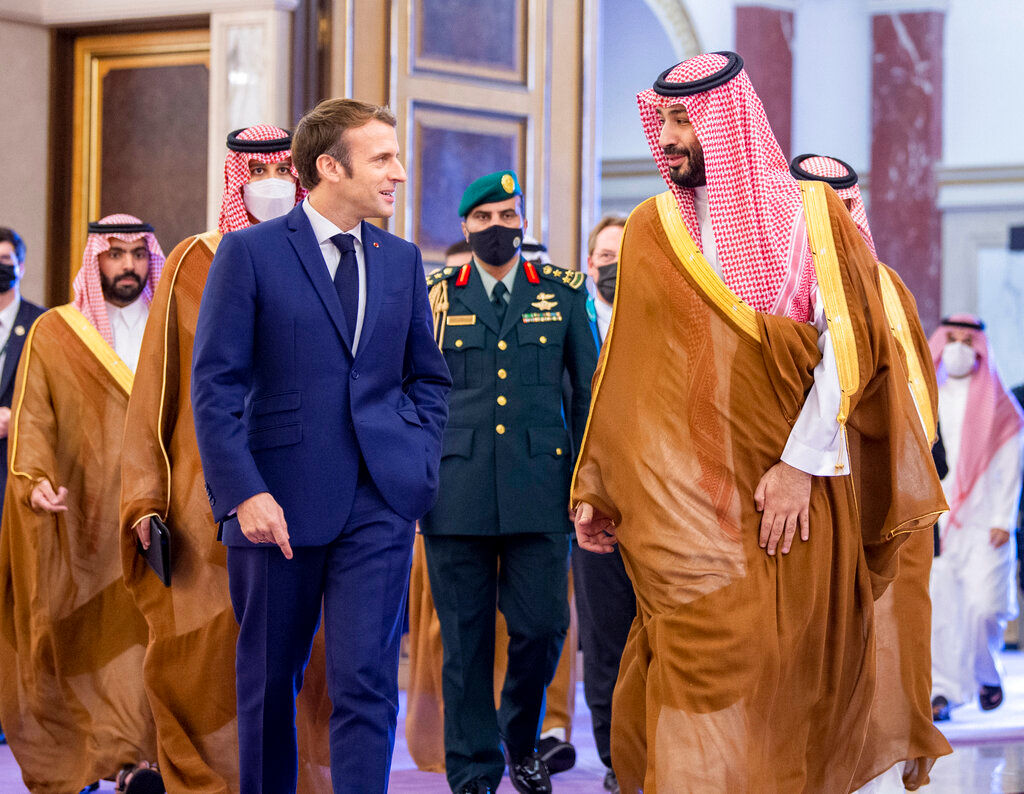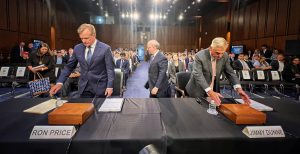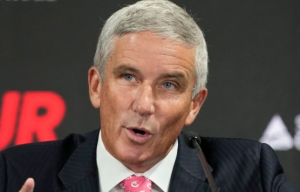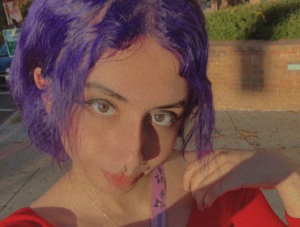Crown Prince Mohammed bin Salman is taking over the reigns from his ageing father and becoming Saudi Arabia’s uncrowned king.
With growing concerns about the health of King Salman, who is approaching 86 years, Prince Mohammed, 36, is in charge of presidential meetings and dignitary receptions, with the king making few public appearances.
Also Read | ‘I love sport and money’: Millionaire Saudi prince to buy French club
While Prince Mohammed has been seen as the de facto ruler since his inauguration as heir to the throne in June 2017, his rise to prominence was highlighted when he visited with French President Emmanuel Macron in early December and headed the Gulf Cooperation Council summit on Tuesday.
After cordial greetings and friendly handshakes, King Salman, who usually leads the yearly summit, was absent.
“The idea that a crown prince is the de facto ruler of the country, meeting with foreign presidents and presiding over summits, only happened before when Saudi kings were not in good health,” Yasmine Farouk, of the Carnegie Endowment for International Peace, told AFP.
“What’s new is that there is now national and media acceptance of a parallel, even more important, role for the crown prince even when King Salman fulfils all his duties.”
Also Read | ‘Disband the Rapid Intervention Force’: US asks Saudi Arabia after Jamal Khashoggi report
King Salman has been staying at Neom, a futuristic metropolis on the Red Sea, since the outbreak of COVID-19.
His last interaction with a foreign official in Riyadh was with then-UK foreign minister Dominic Raab in March 2020, while his last journey abroad was to Oman to express condolences over Sultan Qaboos’ death in January 2020.
Even as his international reputation was tarnished by the 2018 murder and dismemberment of Saudi journalist Jamal Khashoggi in the kingdom’s Istanbul consulate, Crown Prince Mohammed has continued to portray himself as a champion of moderate Islam.
In a drive to diversify the economy of the world’s top oil exporter away from petroleum, the crown prince, widely known as MBS, has opened Saudi Arabia to tourists and foreign investment.
He has supervised significant social reforms, such as permitting women to drive and work in government, allowing individuals to benefit from the additional income and leisure opportunities that have sprung up across the country.
These reforms have coincided with a crackdown on dissent and freedom of expression.
He even seemed more receptive to Israel than his father, permitting Israeli commercial planes to fly inside Saudi airspace.
Prince Mohammed has benefited from the king’s longevity, according to Kristin Diwan of the Arab Gulf States Institute in Washington.
“His ongoing presence conveys traditional authority to cover MBS’s youth and unconventional actions while rarely impeding them,” she told AFP.
The Saudi government has not explained why King Salman was not present at the summit on Tuesday, despite the fact that he gave a broadcast presentation on the country’s budget earlier in the week.
Saudi government adviser Ali Shihabi, on the other hand, stated the king is fine and is simply being cautious.
“Reliable sources confirm that the King is in excellent health, exercising every day etc but is 86 years old and is uncomfortable wearing a mask and has a tendency to want to shake hands and warmly greet people so extra caution is taken to keep him safe and away from public mtgs,” Shihabi tweeted on Wednesday.
Prior to the summit, Prince Mohammed went on a Gulf tour, meeting with the leaders of Gulf Cooperation Council member states.
“Any current arrangement with the royal court happens only through the crown prince’s office,” a western diplomat, who spoke on condition of anonymity, told AFP.
“The king is no longer in the picture… (Prince Mohammed) is no longer a king in the making, he is a king in the palace.”
After driving out one contender after another, his path to the throne is smooth and has been for some time, with no foreseeable hurdles.
“There is no identifiable source of effective opposition inside or outside the royal family,” Hussein Ibish, a Washington-based Middle East expert, told Hindustan Times.
He added that “MBS is indeed becoming more prominent and powerful”.
Despite some concerns that the international community would be unwilling to negotiate with Prince Mohammed, particularly in light of the murder of Jamal Khashoggi, a Riyadh-based diplomat stated that such concerns have “dissipated” following Macron’s visit to Saudi Arabia.
While US President Joe Biden has promised a stronger stance than his predecessor Donald Trump and has yet to speak with Prince Mohammed directly, the government has made it plain that it will happen.
“It’s only a matter of time,” said the diplomat, who spoke on condition of anonymity.







